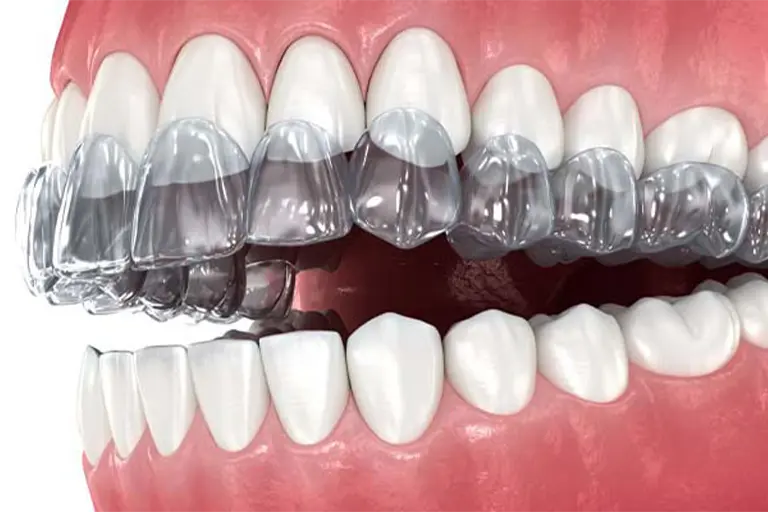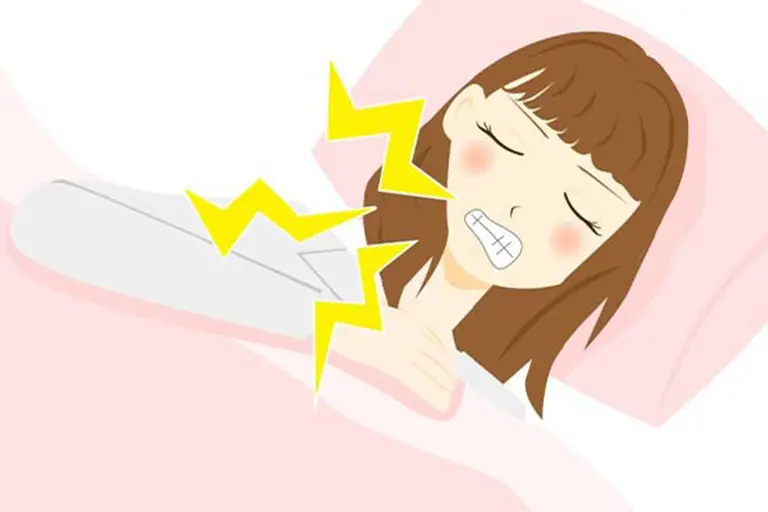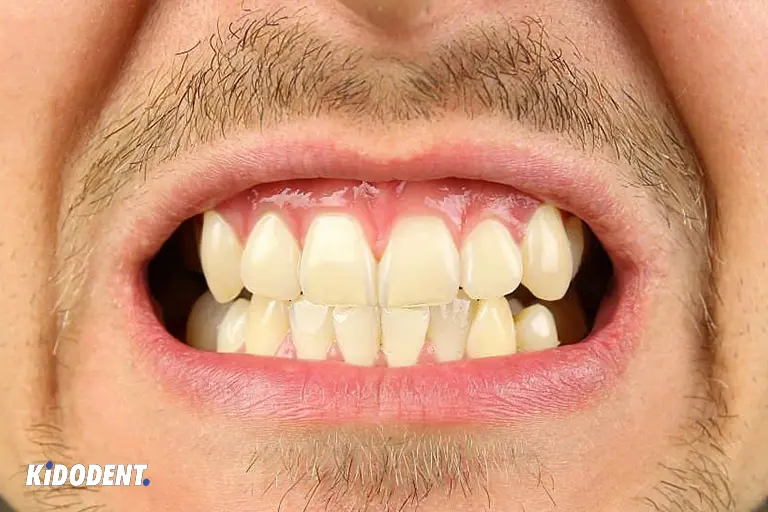The cause of bruxism (teeth grinding) is often not clear. It can be related to stress, sleep disorders, malocclusion (e.g., abnormal bite), neuromuscular disorders, or a response to emotional distress. If you grind or clench your teeth, it is important to seek treatment either from your dentist or doctor to stop it. Putting an end to teeth grinding can alleviate your pain and prevent your teeth from further damage. So, you have your teeth, your smile, and oral health preserved above all. Read the article to learn about the ways you can do to stop grinding your teeth.
What are the side effects of teeth grinding?
Without prevention and treatment, teeth grinding and clenching can cause serious oral and dental health problems. This includes:
- Fractured, cracked, and chipped tooth
- Worn down tooth enamel
- Tooth loss
- Jaw pain, headaches, earaches, and pain in the face or neck
- Gum recession
- Periodontal diseases
- Sleep problems
- Temporomandibular joint disorder (TMJ)
- Tooth decay
- Infections and abscess
What you can do to stop teeth grinding (bruxism)?
Bruxism, or teeth grinding, often occurs during sleep. This type of bruxism is known as nocturnal or sleep bruxism. You may even not know you have it until told by a family member or your partner. However, some people may unconsciously grind their teeth or clench jaw during the day while they are awake. This is called awake bruxism.
Depending on your symptoms and the underlying cause of teeth grinding, there are some treatments to help prevent or stop it.
After diagnosing the bruxism signs and checking for other health conditions, your dentist or doctor can determine the best treatment and what can work for you better.
Here are the remedies that help break or treat teeth grinding or clenching habits:
Stay relaxed
With stress and anxiety being the most potential cause of bruxism, it is beneficial and necessary to reduce stress and manage it in your daily life. Practices like relaxation exercises, meditation, physical therapy, or doing your favorite activity—reading a book, walking, hiking—will let you stay away from some negativity in life.
So, create a sense of calm by lowering stress and anxiety feeling which can trigger the teeth grinding.
Use a mouthguard (occlusal splints)
Mouthguards don’t cure teeth grinding, but they will protect your teeth from damage. Also known as night guards, mouthguards are a type of occlusal splints. They are one of the most successful and effective treatments for people who grind or clench their teeth.
Occlusal splints not only protect your teeth but reduce jaw muscle activity and the noise of teeth grinding.
They are normally for nighttime use. However, you can wear it during the day if you have severe teeth grinding or clenching symptoms.
The forces exerted on your teeth from bruxism is strong enough to wear down tooth enamel and cause cracked or chipped tooth. If you wear a night guard while you are asleep, it forms a protective layer between the upper and lower teeth as well as helping you relieve headaches and jaw pain upon waking up.

To create a custom-made mouthguard, your dentist will need to take an impression of your teeth. The process is easy which you then get a comfortable mouthguard based on your occlusal and teeth positions.
Mandibular advancement devices
Similar to mouthguards, mandibular advancement devices (MADs) are highly effective in reducing sleep bruxism. MADs are generally used for the management of snoring and sleep apnea.
According to many studies, mandibular advancement devices have shown a significant reduction in sleep bruxism. This shows the great effectiveness of these mouth devices to stop teeth grinding and jaw clenching while you are sleeping.
Mandibular advancement devices (MADs) hold your lower jaw and your tongue forward. This opens up more airway, making more space to breathe and prevent snoring. The device is an ideal treatment for bruxism if it is likely caused by sleep-related disorders.
Watch the below short animated video explaining how MAD works:
Massage and jaw muscle exercises
Stretching jaw exercises and massaging jaw muscles help relax the jaw and other facial muscles and joints. You can start to gently open and close your mouth to help unwind your jaw. Repeat this while touching your tongue to your front teeth. Also, try massaging your jaw and other neck and face muscles to loosen up the muscles.
This will help you release any tension in your jaw and face, decreasing the chance of tense jaw muscles that could be causing your teeth grinding. But be sure to consult with your dentist or a massage therapist to see which exercise is most effective based on your individual needs.
Botox
The use of botulinum toxin, also called Botox, has been an effective treatment to stop bruxism. Botox is a neurotoxin that once injected, produces a paralytic effect on muscles which can reduce pain and contraction in the jaw or facial muscles. Studies show the great results of Botox in decreasing masticatory (chewing) muscle hyperactivity.
In many cases, though, injection of Botox must be repeated if you want long-term pain relief.
Have a healthier diet
Include magnesium-rich foods in your diet. Magnesium is a nutritious mineral found in foods like almonds, spinach, fish, and bananas. It will help relax muscle tissues and prevent spasm and tension in your jaw muscles.

Here are more home remedies to try to alleviate your pain and treat or prevent teeth grinding symptoms:
- Eat a healthy balanced diet.
- Cut down on caffeinated beverages like coffee and avoid these drinks especially before bedtime.
- Drink herbal tea. Chamomile tea is a great example to naturally reduce your stress and anxiety which will promote a good sleep.
- Avoid smoking and alcohol consumption.
Medications
Antidepressants are a common medication for nighttime bruxism. One of the common risk factors for bruxism is associated with the disruption of sleep patterns. These medications relieve muscle pain in the face and jaw, improve sleep pattern, and reduce teeth grinding.
Conclusion
If bruxism has led to broken teeth or damaged filling or crown, your dentist will need to restore tooth or teeth with a new filling or much stronger dental crown.
If you have an orthodontic problem such as misalignment or crowded teeth, or a bite issue like an overbite, crossbite, or underbite, your dentist recommends orthodontic treatment. Your orthodontic issue can be the reason why you may grind your teeth.
Orthodontics guides and repositions your teeth and jaw into a desired place. Therefore, it not only provides you with an improved smile and overall health, but it can also be the long-term great solution to fixing bruxism.
